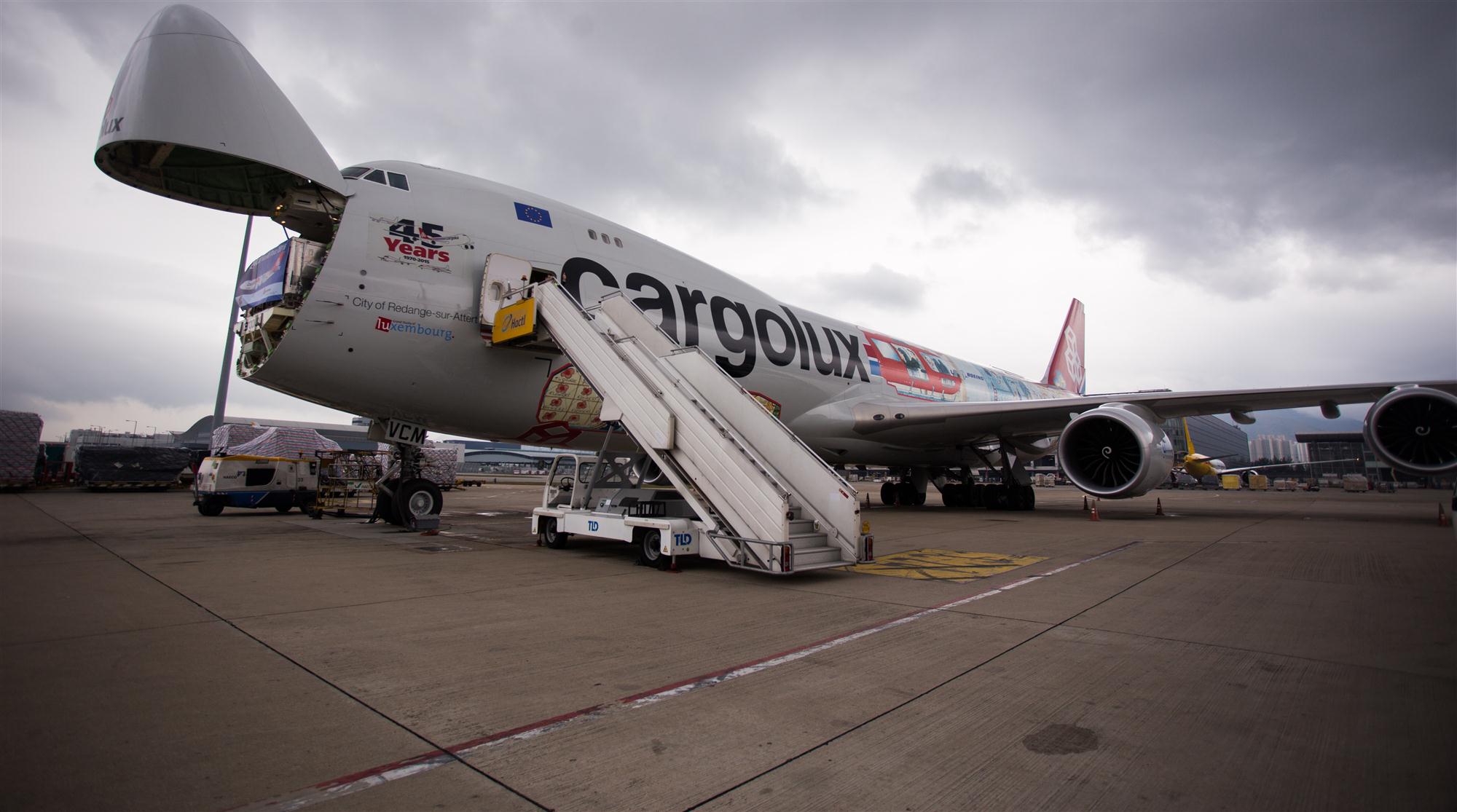Cargolux is not wasting time in its pursuit of the strategic shifts that its management sees as necessary to ensure its viability over the longer term. On June 12, the company announced the signing of the equity agreement for its planned China-based airline offshoot. This comes barely a month after the European all-cargo carrier agreed to align itself with Emirates for a partnership that involves mutual access to each other’s capacity across their networks.
In the Great Hall of the People at Tiananmen Square, witnessed by Luxembourg’s prime minister and China’s state council premier, senior executives of Cargolux and its venture partners HNCA, the Henan Airport Group, and the Xinggang Investment Group (representing the Zhengzhou Airport Economic Zone) signed a joint venture equity contract to set up Henan Cargo Airlines. The new carrier, which is going to be the centrepiece of the European airline’s twin-hub strategy, is expected to commence commercial operations in the fourth quarter of next year. It will run on a Chinese air operator certificate.
Cargolux will hold a 25% stake in the planned airline, which is 10% less than had been indicated earlier.

The European carrier called the act “a major landmark and a step forward in the launching of a resident cargo airline operating out of Zhengzhou.”
Its management will have its hands full preparing for the launch of the new Chinese carrier while aligning its operations with its new strategic partner Emirates, on top of running the core business. In early May Cargolux and the Middle Eastern carrier unveiled a strategic alliance. The scope of this took some observers by surprise. Following earlier remarks by Cargolux CEO Richard Forson about the need to achieve better utilization of its fleet, most had expected a partnership that would essentially allow a partner access to Cargolux freighters along the lines of an aircraft leasing arrangement. Instead the pair are going for an alliance that will link their networks.
Under the agreement, Emirates gains access to space on Cargolux’s freighters, and its new partner in turn has access to space both on the Middle Eastern carrier’s freighter and passenger aircraft. Together, the airlines serve 175 destinations in 80 countries.
Ram Menen, the former head of Emirates SkyCargo, finds that a full commercial alliance offers greater benefits to Cargolux than a mere ACMI leasing arrangement. By utilizing Emirates’ capacity to supplement its own flights, it can serve points with higher frequency, which is becoming increasingly important to meet clients’ expectations, he said.
He added that antitrust immunity would be an important step to reap the full benefits of their commercial alliance.
Emirates SkyCargo boss Nabil Sultan dismissed speculation that his airline might get rid of its own freighters in the wake of the alignment with Cargolux. He stressed that the two freighter fleets would be complementing each other. Emirates had indicated last year that it would not add Boeing 747 freighters to its fleet but focus on routing instead to maximize payloads on its cargo aircraft. It is currently leasing two 747 freighters but will return these later in the year.
Under the terms of their agreement, Cargolux has committed to step up its flights to Dubai, which currently stand at three per week. For its part, Emirates wasted no time and started freighter flights to Luxembourg a month after the announcement was made. It is using a 777F, which is going to ply the route once a week.
For Cargolux, the strategic alignments struck with Emirates and with its Chinese venture partners go some way to address the objectives outlined in its Cargolux 2025 plan, which is management’s answer to challenging market conditions that raised questions over the carrier’s long-term viability. This scheme aims to make the company as lean and agile as possible and make its fleet more flexible. Obtaining access to Emirates capacity is one way of doing this, while also boosting the load factors on its own fleet as the new partner feeds traffic to Cargolux flights.
The pair have not given any indication of their plans for commercial cooperation along the lines of seeking antitrust immunity or aligning their service portfolios. Both have intensified their focus on higher-yielding cargo like pharmaceuticals.
Emirates announced in May that it had increased the range of solutions available to its pharma customers through agreements for global container rental services with two leading players in the market, a step taken to allow the airline to offer its customers a variety of specialized temperature-controlled containers to move pharmaceutical or life sciences products. Cargolux recently added flights to San Juan, Puerto Rico, a major pharmaceutical industry hub in the Americas.
By Ian Putzger
Air Freight Correspondent | Toronto



